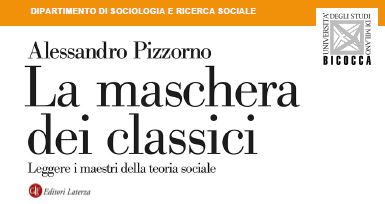The workshop aims at exploring the transformation of work and organizing in high-tech workplaces, by discussing how technological innovation such as advanced robotics or A.I. enables human engagement or disengagement from both the practice of work and the design of work activities. The workshop will offer an interdisciplinary perspective on this topic, by promoting a dialogue among theoretical arguments, research questions and methods of the social sciences, science and technology studies and the hard sciences, as part of a shared view that the understanding of how technology intertwines with the human and the social requires itself theoretical and methodological intertwines and experimentation.
Workshop chair: Angelo Gasparre
Keynote speaker: Andrew Pickering, PhDs in physics (London) and science studies (Edinburgh), is a leading scholar in the field of Science and Technology Studies. His studies in the fields of cybernetics, history of technological innovations, ontology and philosophy of science, have significant implications for the understanding of the co-constitution of human and material agency in the digital transformation of work and organizing (advanced robotics, A.I., etc). Professor Pickering has held fellowships at MIT, the Institute for Advanced Study at Princeton, Princeton University, the Guggenheim Foundation, the Center for Advanced Study in the Behavioral Sciences at Stanford and, most recently, the Institutes for Advanced Study at the Universities of Durham, Konstanz and Bauhaus University, Weimar. He is currently an Emeritus professor at the Department of Sociology, Philosophy and Anthropology. Some of his most important works are: ‘The Mangle of Practice: Time, Agency and Science’ (1995), ‘Constructing Quarks: A Sociological History of Particle Physics,’ (1999) e ‘The Cybernetic Brain: Sketches of Another Future’ (2010).
When: October 12th 2023
Where: Online and Genova, Casa Paganini, Piazza di Santa Maria in Passione 34.
Please find HERE how to partecipate and the full program.








